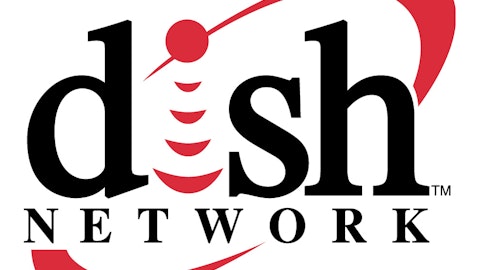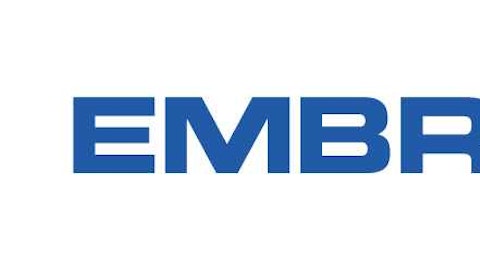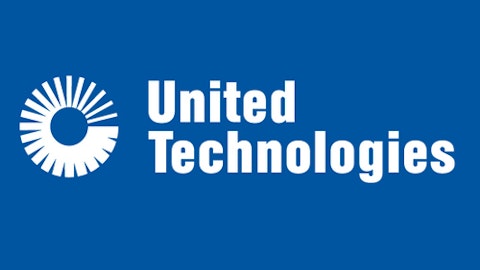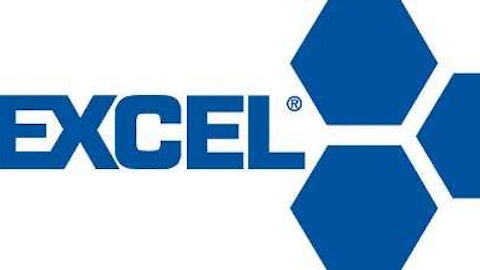
Recently, ViaSat, Inc. (NASDAQ:VSAT)’s stock price traded at almost twice its value of a year ago. The hike in the share price reflects the company’s growth strategy announcements. The fourth quarter 2013 result boosted investors’ hopes with satellite services growth. The revenue of ViaSat’s satellite services increased 24%, year-over-year, to $277 million in fiscal year 2013. This rise was also due to the growth of ViaSat-1, a communication satellite. I believe the increased portfolio of the communication satellite will be a breakthrough revenue generating opportunity for the company. With these solid figures, what are ViaSat, Inc. (NASDAQ:VSAT)’s plans for long term growth?
Expansion plan
ViaSat launched ViaSat-1, a communications satellite, two years ago. It launched the satellite to serve the rising household broadband demand, globally. ViaSat-1 has a capacity of more than 140 Gigabits per second, which was greater than the combined capacities of all the satellites covering North America at the time of launch.
In the third quarter of 2013, satellite services revenue grew 29%, year-over-year, to $71.8 million due to a hike in subscribers. The total number of ViaSat, Inc. (NASDAQ:VSAT) subscribers increased 24%, year-over-year, to 466,700, and around 50% were subscribers of ViaSat-1. With the success of ViaSat-1, the company became one of the leading providers of high speed broadband services in the U.S.
Advancing with the growth of ViaSat-1, the company will launch ViaSat-2 by the middle of 2016. ViaSat-2 will support Exede with a broader coverage area and capacity than currently provided by ViaSat-1. Exede offers download speed up to 12 Megabits per second and costs around $50 per month. ViaSat contracted The Boeing Company (NYSE:BA) to build the satellite for ViaSat-2 and cost ViaSat, Inc. (NASDAQ:VSAT) around $358 million. In addition to building the satellite, Boeing agreed to market and sell the satellite system for ViaSat-2.
Boeing faced strong competition in bidding for the contract. Lockheed and The Boeing Company (NYSE:BA) were the favorites, but The Boeing Company (NYSE:BA) won the deal due to its combination of price, technology, and willingness to help ViaSat in aftermarket activities. The Boeing’s Defense, Space, & Security unit will make ViaSat-2, which will increase its operational earnings, benefiting Boeing.
ViaSat-2 will have capacity of 350 Gigabits per second, more than twice the capacity of ViaSat-1, offering seven times more coverage. ViaSat-2 will serve 2.5 million subscribers for costs of $600 million compared to 1 million subscribers served by ViaSat-1 for $500 million. Due to growth from ViaSat-2, the company expects segmental revenue from satellite services to increase to $536 million from the earlier projection of $480 million in 2016.
Exceeding with Exede
DIRECTV (NASDAQ:DTV) and ViaSat, Inc. (NASDAQ:VSAT) teamed up at the end of last year to provide high-speed internet to consumers. The standalone Exede service provides Internet plans in the range of $39.99, $69.99 and $119.99 per month, with monthly data usage of 10 GB, 15 GB and 25 GB respectively. However, the partnership will offer Exede services with a $10 discount per month for the first twelve months of service.
The low cost feature led to the expansion of Exede in rural areas of the U.S. Therefore, in the fourth quarter of 2013, ViaSat reported 98,000 installations of Exede broadband services as compared to 77,500 in the third quarter. The total number of Exede subscribers increased to 88,000 in the fourth from 62,000 in the previous quarter. Exede will continue to gain traction due to its lower cost and better efficiency.





